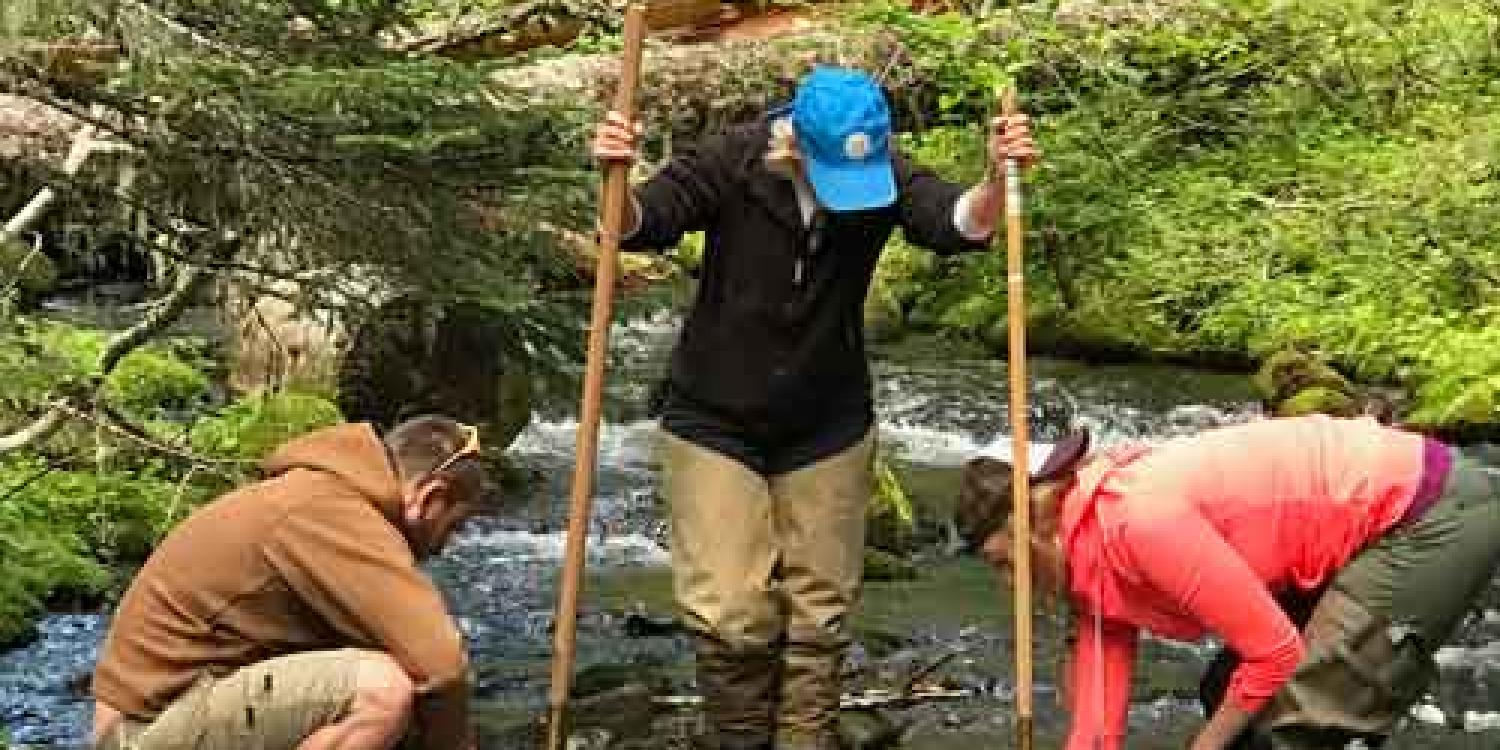
The Columbia Gorge, with its varied terrain and ecosystems, is a nature lovers' wonderland, a "backyard playground" for Portlanders and a must-see for visitors to the Pacific Northwest. There’s a great need for trained naturalists who can provide support to the many educational, recreational, stewardship and natural resources organizations that operate in the region. Many people are interested in doing this work, but to be well prepared they need to learn about the natural history and ecosystems of the area and to understand the connections between all living and non-living systems of the Gorge. They also must be able to effectively share this information.
In response, Oregon State University Extension Service stepped up in 2017 to offer the OSU Oregon Naturalist Gorge Eco Region program, which provides the necessary foundation to prepare volunteers for these opportunities. The program provides opportunities to learn about natural resources through the study the natural history of plants, animals, habitats, and geology, as well as the most relevant topics in present-day sustainable natural resource management. Participants take a seven-session course that pairs with the online OSU Oregon Naturalist class to make up the formal education requirements for becoming an Oregon Naturalist. Participants must complete 40 hours of volunteer time with the educational, stewardship or outdoor reaction entity of their choice.
As a result, the Gorge Oregon Naturalist Program has been so successful that it returned for its fourth eco-region course in 2021. A team of 16 instructors included current and retired natural resource conservation and education professionals representing nine key partner organizations. Seven sessions were offered from April to October. The first session, titled “A Sense of Place," encouraged students to explore their connections to the Gorge and their role as a naturalist. The curriculum focused on deepening the understanding of the historical and current perspectives of the Indigenous peoples who live and/or frequent the region. The instructor, Mary Lee Jones, along with her mother and daughter, are Yakama tribal members, plant experts and traditional food gatherers. The subsequent field sessions, held about once a month, focused on grassland prairies, oak woodlands, rivers and tributaries, western forests and the subalpine region of Mount Adams.
Fifteen students completed the course, and the evaluations offered overwhelmingly positive feedback. Since launching it in 2017, 56 students have participated. Cohort members have since offered over 2,700 hours of volunteer service to environmental stewardship and education entities in the Gorge as well as other parts of the state.